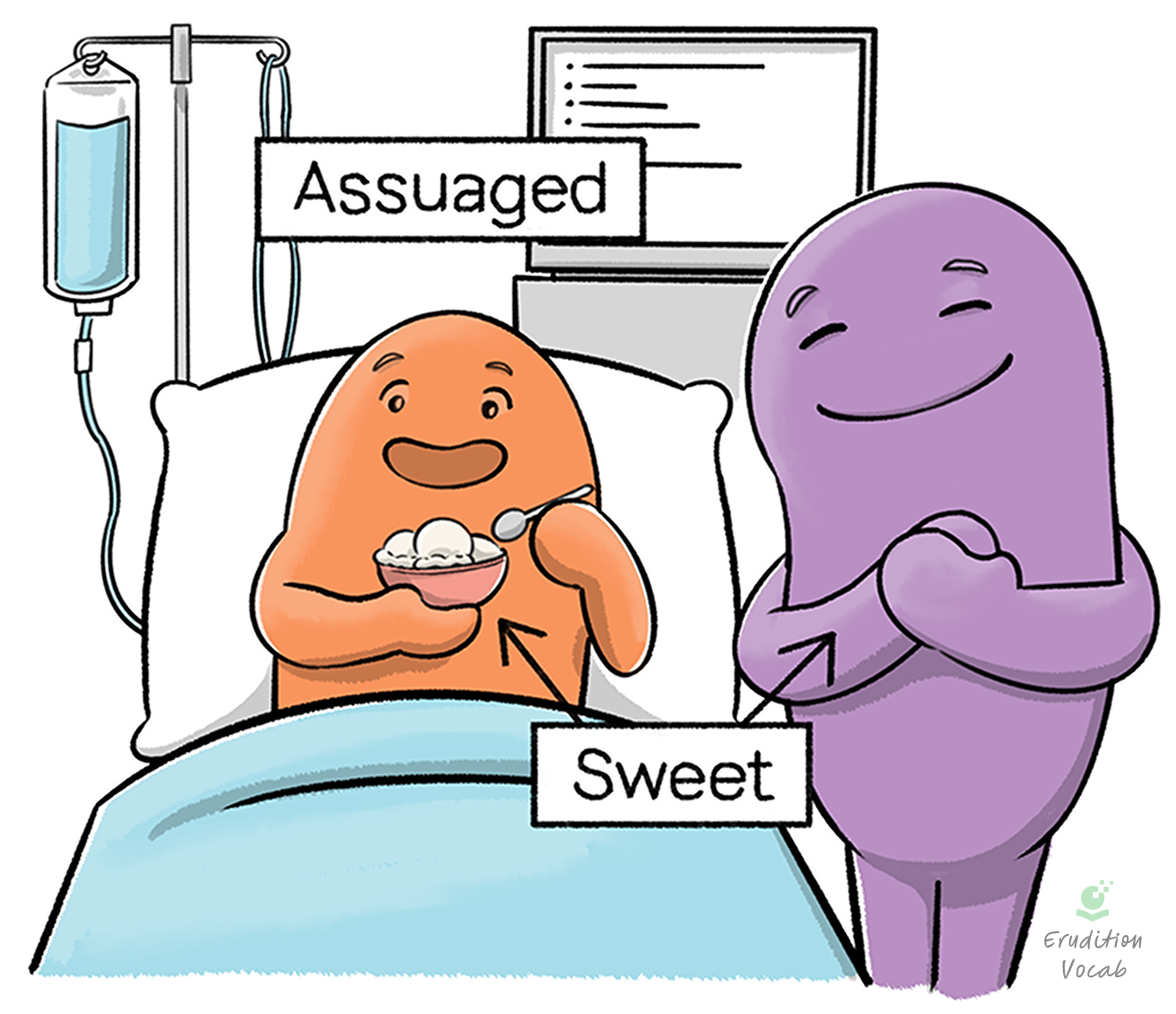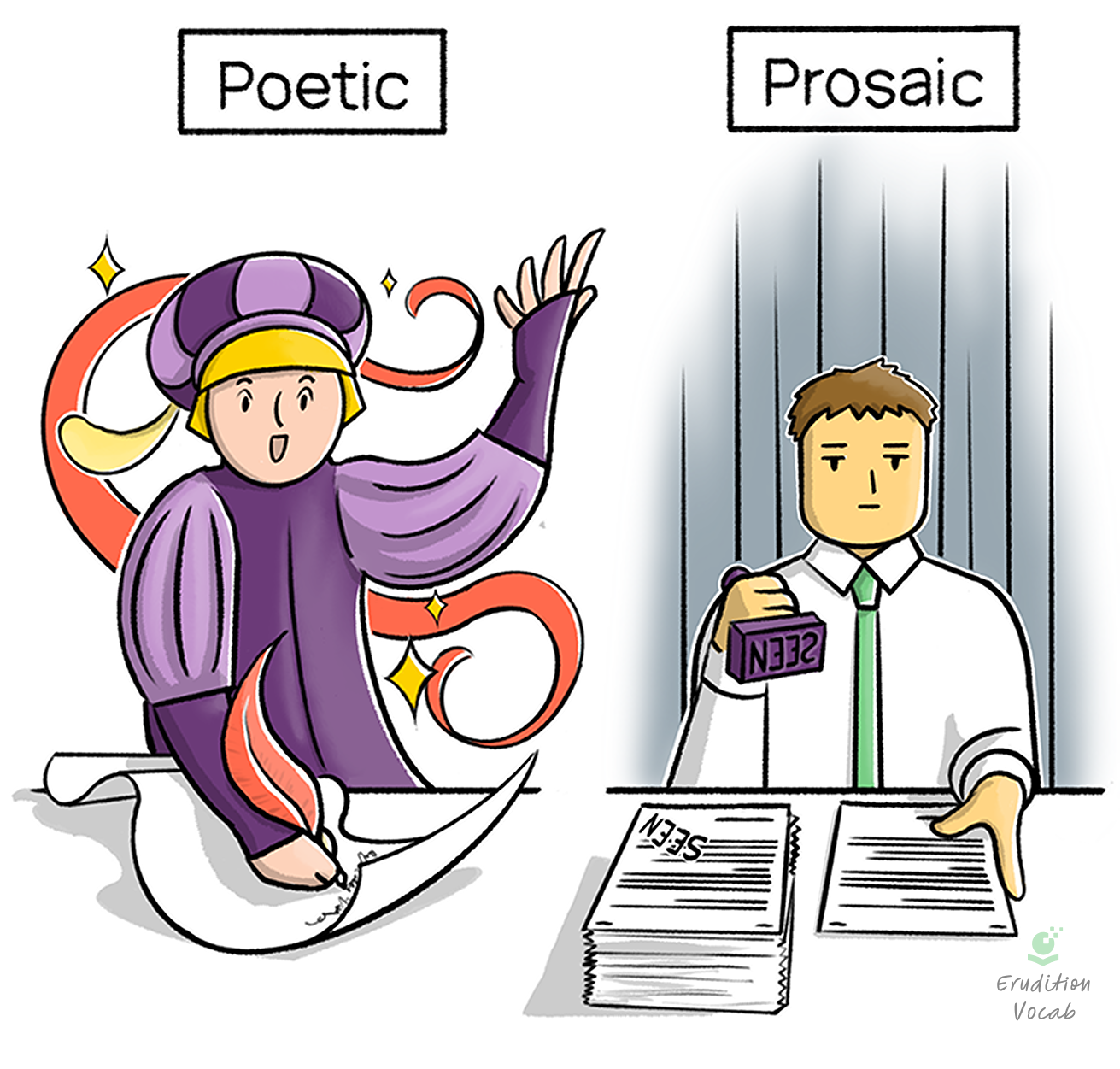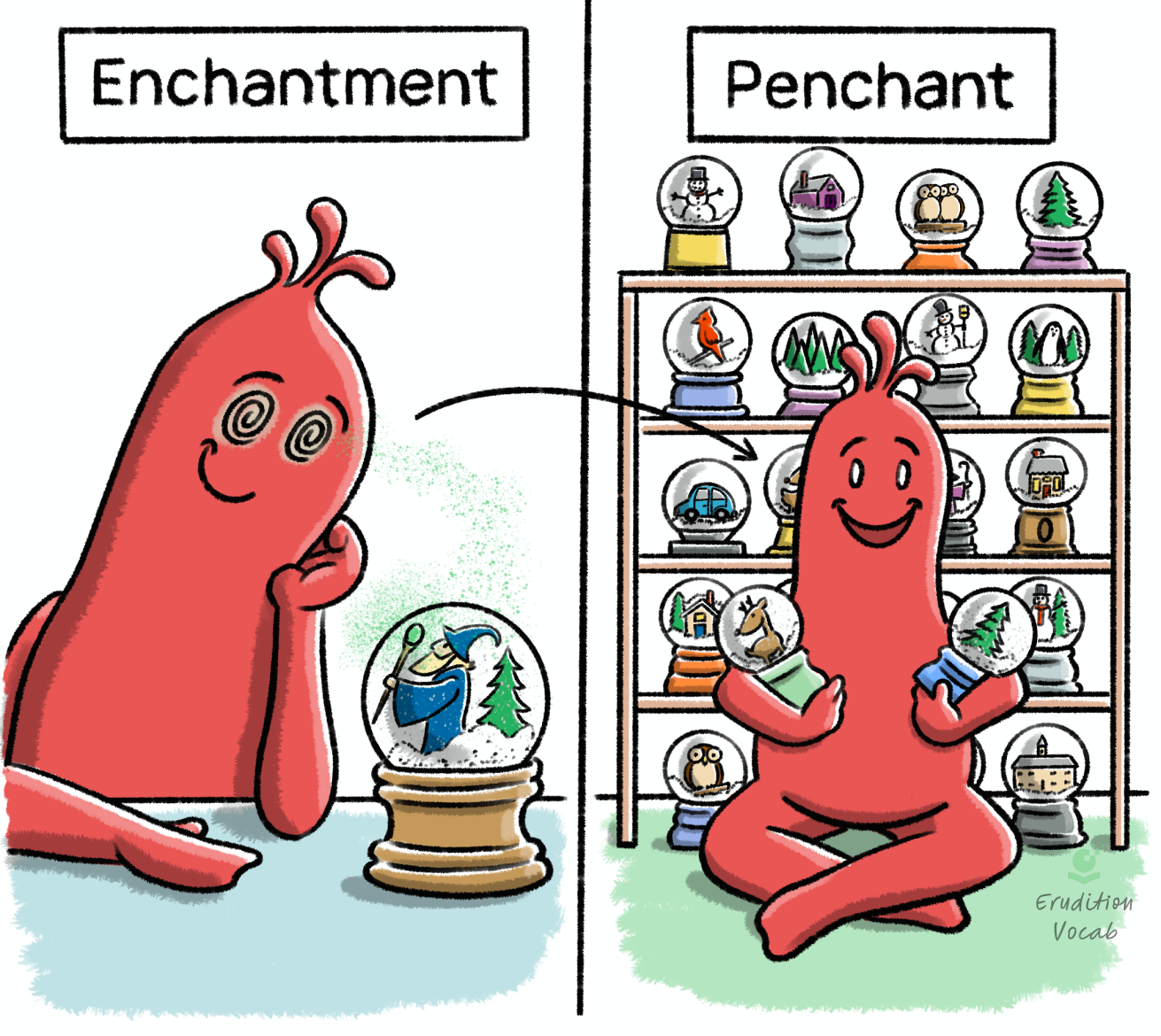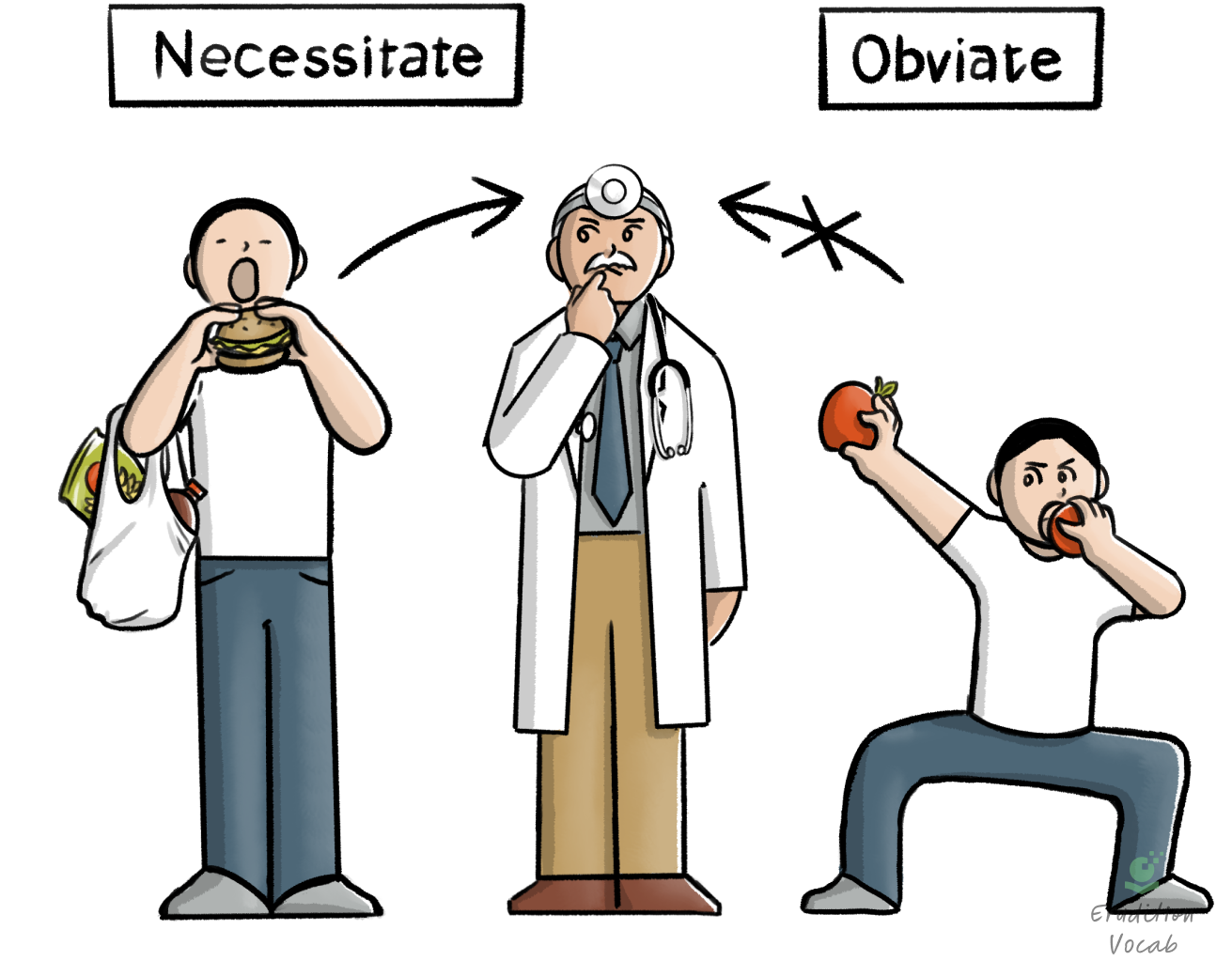Assuage
[uh-SWAYJ]

The root meaning of assuage is toward pleasantness, being a combination of the Latin ad- (“toward”) and suavis (“sweet, pleasant”).
“The nurse gave Martha a bowl of ice-cream to assuage her discomfort after her tonsillectomy.”
What is the best definition of assuage?
To totally remove discomfort or serve as an anesthetic
To lessen the intensity of something unpleasant
To distract from or render ineffective
To indulge someone who is demanding reward
The root meaning of assuage is toward pleasantness, being a combination of the Latin ad- (“toward”) and suavis (“sweet, pleasant”).
“The nurse gave Martha a bowl of ice-cream to assuage her discomfort after her tonsillectomy.”
sent to your inbox
Day sent to your inbox every morning!
Prosaic
[pro-ZAY-ik]

Penchant
[PEN-chuhnt]

Lionize
[LYE-uhn-eyez]

Omniscient
[ahm-NIH-shent]

Egalitarian
[ee-gah-lih-TAH-ree-uhn]

Fickleness
[FIH-kl]

Humdrum
[HUM-drum]

Blithe
[BLITHE]

Obviate
[AHB-vee-ayt]

Word of the Day?
We’ve hand-selected the most challenging vocabulary words that are likely to appear on your GRE! For each word, we came up with:
- Daily word quizzes, with clever illustrations that bring words to life
- The best ways to make sense of and remember each word, which we encourage you to study thoroughly after taking the daily quiz
- Connections to common word roots or similar words that will also prepare you for the vocabulary tested on your GRE
Using our new approach to vocabulary will help you to master the most words for you GRE and also learn how to approach new words that may come up during your study or even on your test day!
The best way to improve your vocabulary is not only by learning new words but also learning how to better dissect word roots and think about connections between words. Whether you’re a high school student preparing for the SAT, an ESL learner, or an adult of any age wanting to improve your vocabulary, our word of the day will help you do this better, all while providing fun illustrations and interesting content to bring words to life!
The GRE, or Graduate Record Examination, is a standardized test widely used for admissions into graduate and business schools worldwide, as well as a growing number of law schools. Scores from the GRE are used by admissions committees to evaluate applicants' readiness for graduate-level academic work. The test is administered by the Educational Testing Service (ETS). You can register for the test at ets.org.
The GRE is administered in a computer-based format and includes multiple-choice questions for Verbal Reasoning and Quantitative Reasoning sections, along with an essay task for the Analytical Writing section. Verbal Reasoning and Quantitative Reasoning scores range from 130 to 170 in one-point increments, whereas Analytical Writing scores range from 0 to 6 in half-point increments.
First, a significant portion of the Verbal Reasoning section of the GRE tests vocabulary directly through questions like sentence equivalence and text completion. Many of the answer choice options for these questions include advanced vocabulary words (like heterodox or iconoclast) that test takers may not be familiar with, so strengthening your vocabulary is a great way to prepare for these questions. Furthermore, a strong vocabulary aids in understanding the passages presented in reading comprehension questions, which are often paired with passages containing complex language and terminology. Lastly, a varied and precise vocabulary is valuable in the Analytical Writing section, as using appropriate vocabulary can enhance the clarity and persuasiveness of the written response, thereby earning higher scores.
Building up your vocabulary takes time, so we recommend that you start studying vocabulary words early, long before you start studying for the rest of your exam.